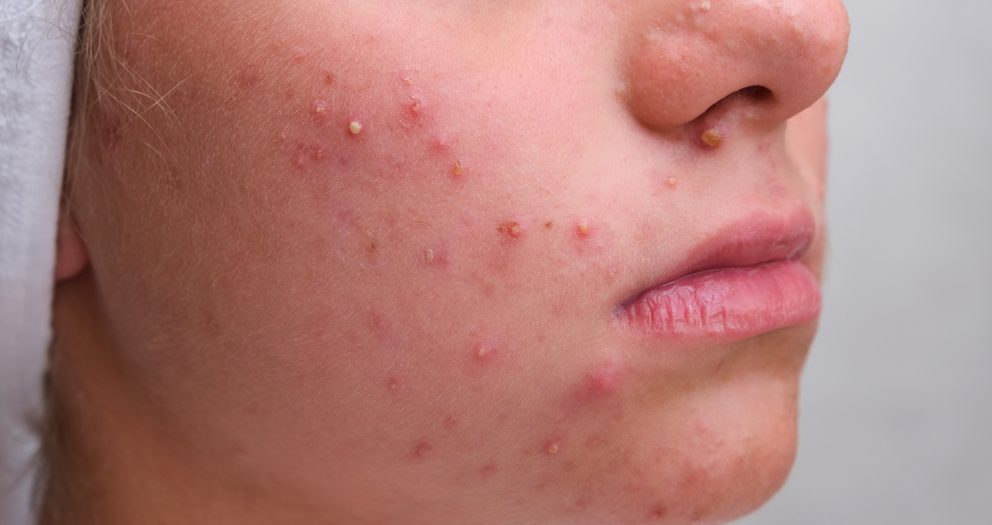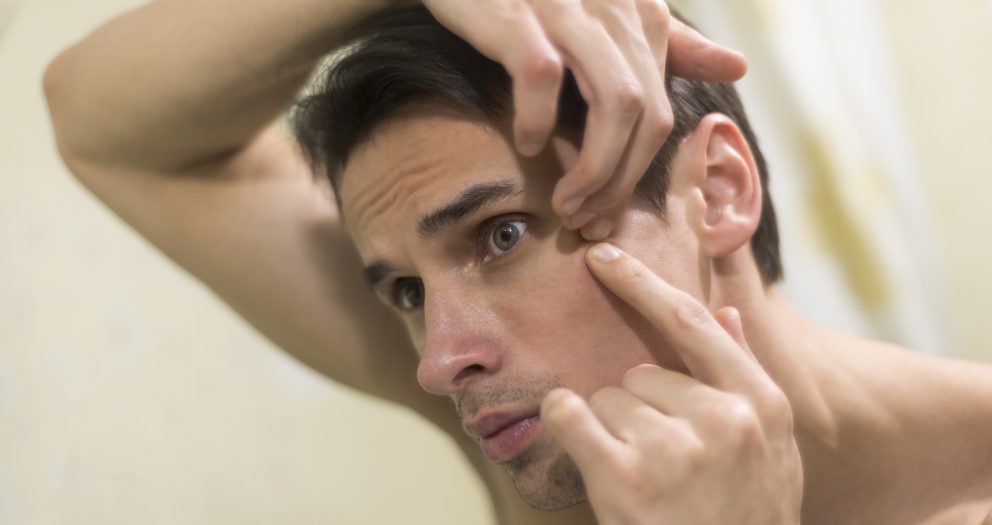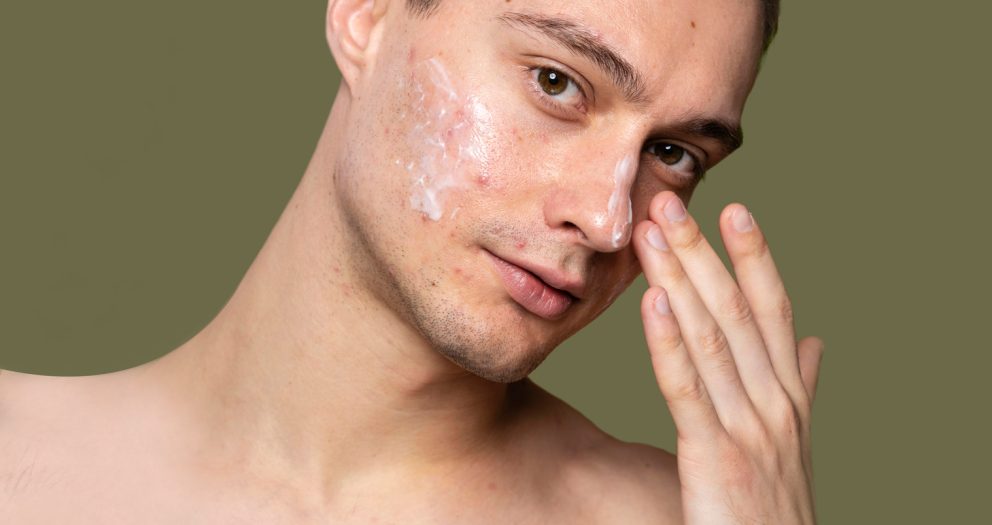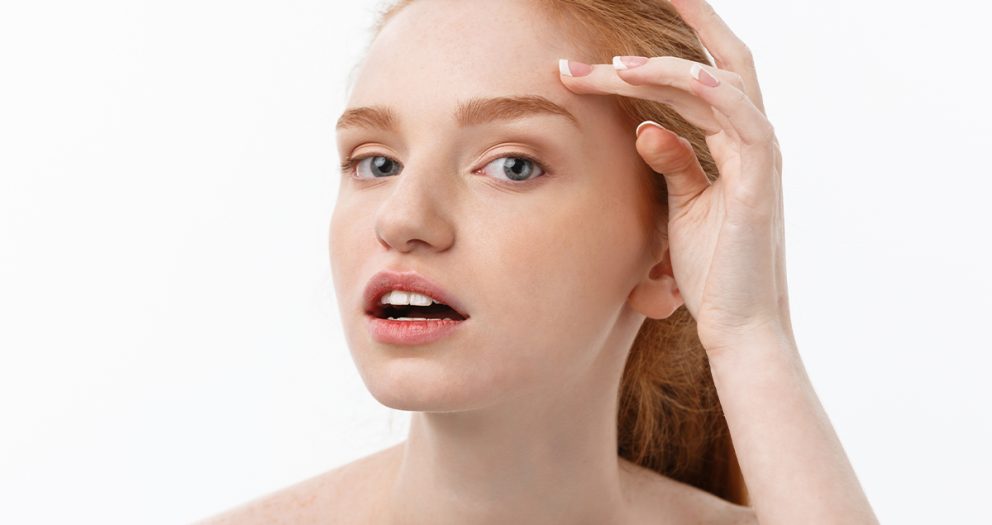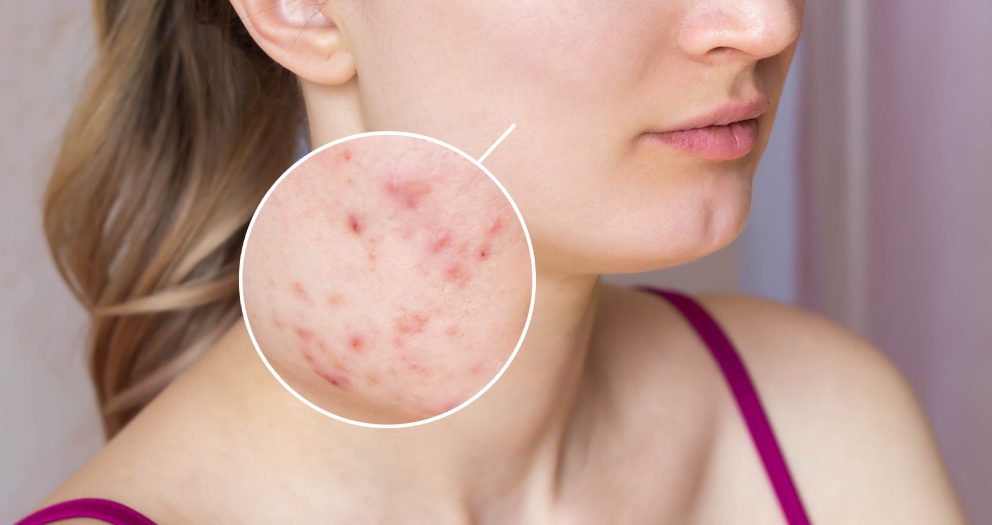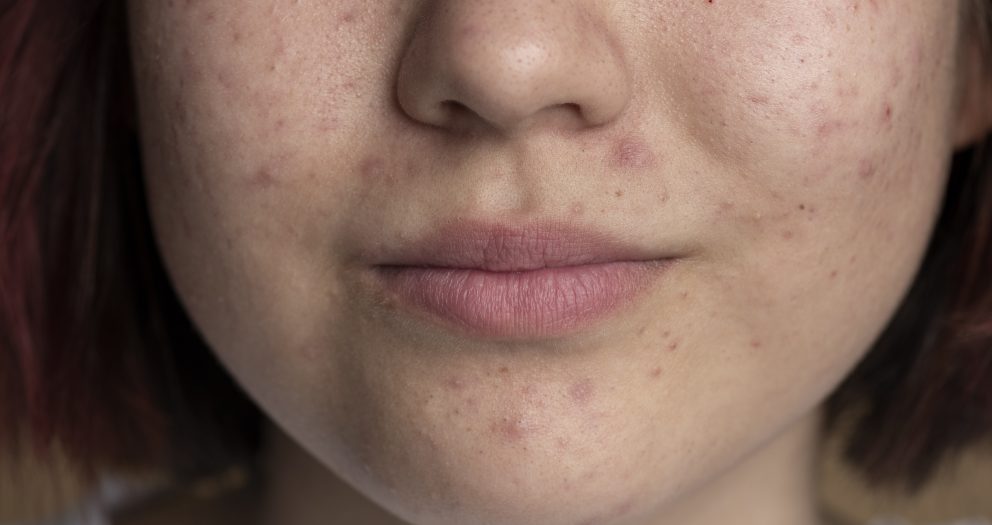How does Accutane (Isotretinoin) Affect Pregnant Women?
Many people are not aware about the impact that Accutane (isotretinoin) has on pregnant women. The drug medication is so powerful it can have a very serious effect on the unborn baby in the womb. The use of the Accutane capsule is the main culprit in this case because it’s easily accessible and can be used in practically any situation. Women should therefore make it their responsibility to know: How does Accutane affect pregnant women? Read on to find out.
Essential alert warnings for women regarding Accutane Usage
Pregnant women are strongly advised not to use isotretinoin when they are with child. In addition they equally cautioned not to become pregnant while they are taking Accutane for treatment.
The reason for these warnings is for preventing very serious incidents from happening. It has been known that pregnancy and Accutane usage don’t go together.
When a woman takes this drug medication, very serious things can happen such as birth defects and miscarriages that can result in fatal consequences. Premature births have also taken place as a result of using the drug during pregnancy.
In order to prevent these serious incidents from happening, couples should abstain entirely from having sexual union or use two types of very reliable forms of birth control.
The two types of birth control should be put into practice by the couple a full 1 month before starting the Accutane treatment and for another month after the cessation of the treatment.
You should also need to attend a monthly counseling session with your doctor and as an added safeguard you shouldn’t use “mini-pills” because they may be ineffective against isotretinoin.
If your menstruation is late, or if you have sex without using reliable birth control methods, you should stop taking the medication and immediately contact your doctor or pharmacist
If you happen to be living in any other country outside the US, you should consult your doctor and pharmacist for your own specific directions.
Using the Accutane capsule
Accutane capsules are used for treating severe cystic acne which has not responded to other treatments as used on the skin such as benzoyl peroxide or clindamycin or tetracycline or minocycline (taken orally).
You should closely read the guide for yourmedication provided by your pharmacist before you begin your Isotretinoin (Accutane) treatment and each time you replenish your supply of capsules.
Make sure you sign the Patient Information/Informed Consent form prior to starting your treatment. Should you have more questions on Accutane (isotretinoin), consult your doctor or pharmacist.
Don’t cut or chew the capsules but swallow them whole and take them twice day for 15 to 20 weeks always following what your doctor directs you to do.
Normally, most generic versions of Accutane (isotretinoin) should be taken with meals but brands such as Absorica, may be taken with or without food.
The presence of food increases the absorption rate of the drug into the bloodstream but if you have doubts, talk to your doctor or pharmacist.
Make sure you take the capsule with a full glass of water and avoid lying down for about 10 minutes after drinking your drug medication.
Your doctor or pharmacist can prescribe your dosage after information on your weight, condition and response to treatment have been studied.
Don’t be alarmed if your acne appears to worsen for the first two days because it takes about 1 to 2 months before the drug begins to work on your acne.
If by any chance severe acne breakouts appear again, a second round of treatment should be activated after two months have lapsed after the end of the first treatment.
It has been a known practice by the manufacturers of Accutane (isotretinoin) not to recommend the long-term use of isotretinoin. It is strongly recommended that you shouldn’t take more than what has been recommended.
The potency of Accutane (isotretinoin)
You should always remember that the effect of Accutane (isotretinoin) when used without proper guidance can cause lots of problems which you’d want to avoid.
Accutane (isotretinoin) is a highly potent drug medication which can be absorbed through the skinand lungs and can also be passed on to an unborn baby inside the womb.
For this reason, women who are pregnant or who may become pregnant during the course of their drug treatment should not handle or take the medication or even breathe the dust from the capsules.
You should be aware that failure to know these facts and to take appropriate measures to avoid them may result in dire consequences for yourself during birth and for the unborn baby in your womb.
As already stated earlier on, the results of not taking precautionary measures by women can have serious results.
There may be serious birth defects that can be fatal to the child and there’s always the possibility of a miscarriage happening.
Sometimes even premature births have resulted from the use of the Accutane (isotretinoin) during pregnancy. It’s better to be sure than to be sorry later on.
The best way to avoid being pregnant during the course of a drug treatment is to abstain from having sexual union or to use very reliable methods of birth control.
The most appropriate birth control methods that you can use to prevent you from becoming pregnant are the birth control pills which are taken orally according to the directions that go with the prescription.
The second is a barrier method which usually involves the use of a gadget that prevents the male sperm from entering a woman’s womb such as a condom.
The safest way is by using the two methods at the same time during sexual union given that while the pill is usually very safe to use by itself, a certain amount of risk is involved when the condom is used on its own. It’s better to use the safest method which is the simultaneous use of the two methods.
Conclusion
You now have the most important information at a glance to answer the question: How does Accutane (Isotretinoin) affect pregnant women? We all know the value and precious nature of a new life that forms in the womb. It’s essential that it starts its formation without any risks and taking Accutane while you are pregnant or when you become pregnant is to be avoided at all costs because being pregnant while taking the drug is a very serious risk which you must avoid.

